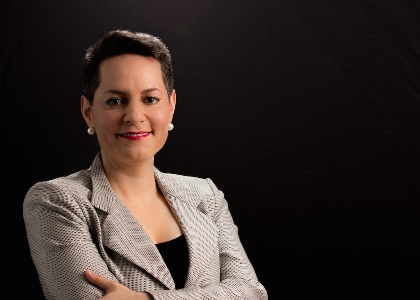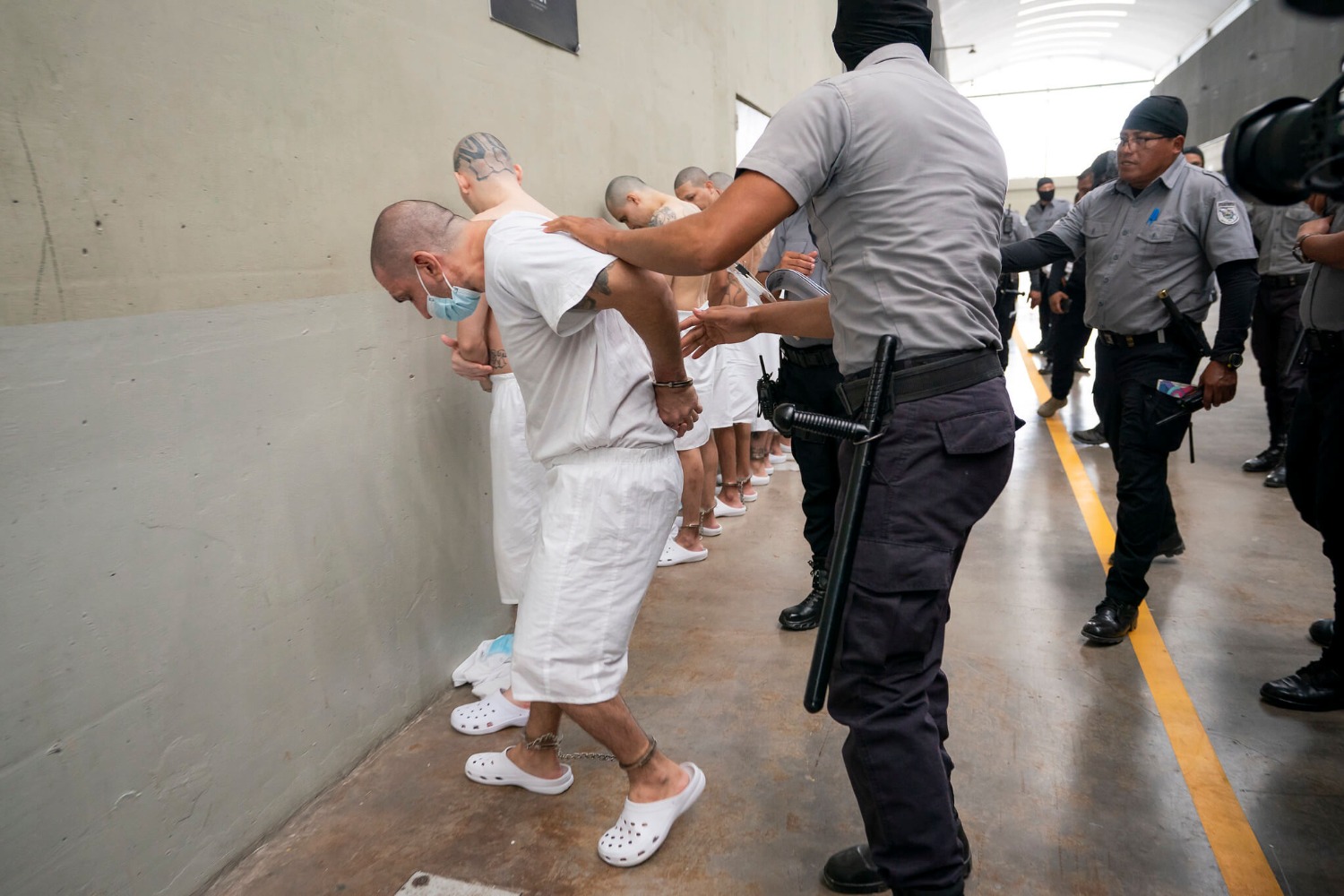Don’t Write Off the Southern District of Florida in the Trump Prosecution

Published by The Lawfare Institute
in Cooperation With

There has been much discussion over Special Counsel Jack Smith’s decision to indict former president Donald Trump in the Southern District of Florida (SDFL) as opposed to the District of Columbia. After Judge Aileen Cannon’s intervention into the government’s review of evidence obtained pursuant to the Mar-a-Lago search warrant, which required the government to appeal her rulings twice to the Eleventh Circuit, it is not unreasonable to think that the government would have preferred not to proceed in the SDFL due to a not-insignificant possibility that Cannon would be the assigned trial judge. The issue of venue—a constitutional right to be tried in the place where the alleged crime was committed—was likely a driving factor behind the special counsel’s decision to indict Trump in the SDFL. While the full rationale behind this decision is unknown, it’s generally wise to eliminate known issues that could create problems on appeal.
But some observers have suggested that bringing the case elsewhere—in a district where the judges have more experience with cases involving classified information—would also benefit the government. The suggestion clearly implies that the SDFL is not a district where judges have experience with cases involving classified information. But a glance at some of the cases previously prosecuted in the SDFL suggests otherwise. Manuel Noriega, the former Panamanian dictator, was indicted in 1988 and then tried in Miami on various charges related to drug trafficking. The Classified Information Procedures Act (CIPA), a statute that enables the government to receive pretrial rulings pertaining to the protection of classified information, was used to address discovery and litigation issues involving classified information. In addition to the complications that CIPA litigation can add to a case, the Noriega prosecution was “the first time that a leader or de facto leader of a sovereign nation has been forcibly brought to the United States to face criminal charges.”
In 1998, the FBI broke apart a ring of Cuban spies. Some pleaded guilty and some went to trial and were convicted on various espionage-related charges in the SDFL. CIPA was used to address discovery and evidentiary issues involving classified information.
In 2005, Jose Padilla was indicted in the SDFL on various terrorism-related charges. Padilla was a U.S. citizen who was previously detained in a naval brig in Charleston, South Carolina, after President George W. Bush signed an order declaring him to be an enemy combatant. Padilla was held for over three years in military custody without access to counsel. The indictment brought him out of military custody and into the federal criminal justice system to stand trial in front of an Article III court. He was tried along with two other co-defendants, and CIPA was used to address classified discovery and evidentiary issues raised by the government and the defense. (I can speak with personal knowledge about the prosecution of Jose Padilla and his co-defendants because I was one of the prosecutors and I handled most of the classified discovery and CIPA litigation.)
The more precise argument is that the government would generally prefer to be in front of a judge who previously presided over a case involving CIPA. A judge with this experience would be familiar with government equities surrounding the protection of classified information and the kinds of issues that a court must consider when ruling on various CIPA motions made by both the prosecution and the defense, along with how to conduct CIPA proceedings. Those conditions are more likely to exist in districts where there are more judges who have handled cases involving classified information, like the Southern District of New York or the Eastern District of Virginia. But even in those districts a case could still end up in front of a judge who had never presided over a CIPA case—there is a first time for everything. If that judge felt it would be beneficial to consult with her colleagues who have presided over CIPA cases for guidance, presumably she would do so. Although Cannon does not have previous experience with CIPA cases, she has colleagues who do, and she is free to seek their advice and counsel. The judges who presided over the Cuban Spy and Padilla cases are still on the bench in senior status, which means they are active but with reduced caseloads.
Another fact about the SDFL that is beneficial to the government, but perhaps not widely known, is that it has a highly respected appellate division in charge of appellate litigation arising out of cases brought by the U.S. attorney for the SDFL. This means that the SDFL has—over decades—developed a group of attorneys who are experts in Eleventh Circuit law and specialists in writing briefs and arguing cases before the Eleventh Circuit. I had the benefit, as most new assistant U.S. attorneys in the SDFL do, of spending six months in the appellate division and learning from these attorneys before beginning my time in a trial division. If I had a challenging legal issue that arose in preparation for or during a trial, I would always consult a colleague in the appellate division. Not all U.S. Attorney’s Offices have separate appellate divisions. If it appears that Cannon is prepared to make pretrial rulings against the government that are critical to the government’s case and may need to be appealed, the special counsel would be wise to consult with or involve the SDFL’s appellate division in making the best record for appeal to the Eleventh Circuit.
Yet another potential benefit to the government in the SDFL—though perhaps a counterintuitive one—is that the Federal Public Defender’s Office in the SDFL also has experience in high-profile CIPA cases. Michael Caruso, the current federal public defender in the SDFL, represented Jose Padilla along with co-counsel from his office and another private attorney. (After Caruso gave the closing argument for defendant Padilla, I thought we might lose the case. We didn’t.) In the event that Walt Nauta, who currently has not found local counsel, or anyone else yet to be indicted were ultimately represented by the Public Defender’s Office in the SDFL, they would be in good hands. When the government convicts a defendant who has a strong counsel who files every conceivable pretrial motion, exploits all weaknesses in the government’s case, and puts the government through its paces at trial, the government only benefits on appeal.
Judges have a great deal of discretion over the way a trial proceeds, including critical evidentiary matters. Cannon’s prior rulings related to the Mar-a-Lago search warrant certainly raise concerns for the government. But it remains to be seen how she exercises that discretion going forward and whether future pretrial rulings could be construed as running counter to the law such that the government may choose to take interlocutory appeals. As is the case with all good prosecutors, Jack Smith and his team have surely “war-gamed” the various scenarios, anticipated worse-case rulings and outcomes (especially with respect to the disclosure and presentation of classified information), and are prepared to respond. As some observers have noted, Smith could also bring additional cases in other districts, which may provide multiple paths for holding Trump accountable for a range of criminal conduct.
The government may frequently prefer to have a different judge, a different jury pool, a different defendant. But all the federal prosecutors whom I’ve ever worked with, in the SDFL and elsewhere, are prepared to bring cases in the districts where the law says they should be brought, no matter the real or perceived challenges. It would be a rare thing for the government to prosecute a high-profile case without some difficult issues and losses along the way.



.jpg?sfvrsn=676ddf0d_7)

